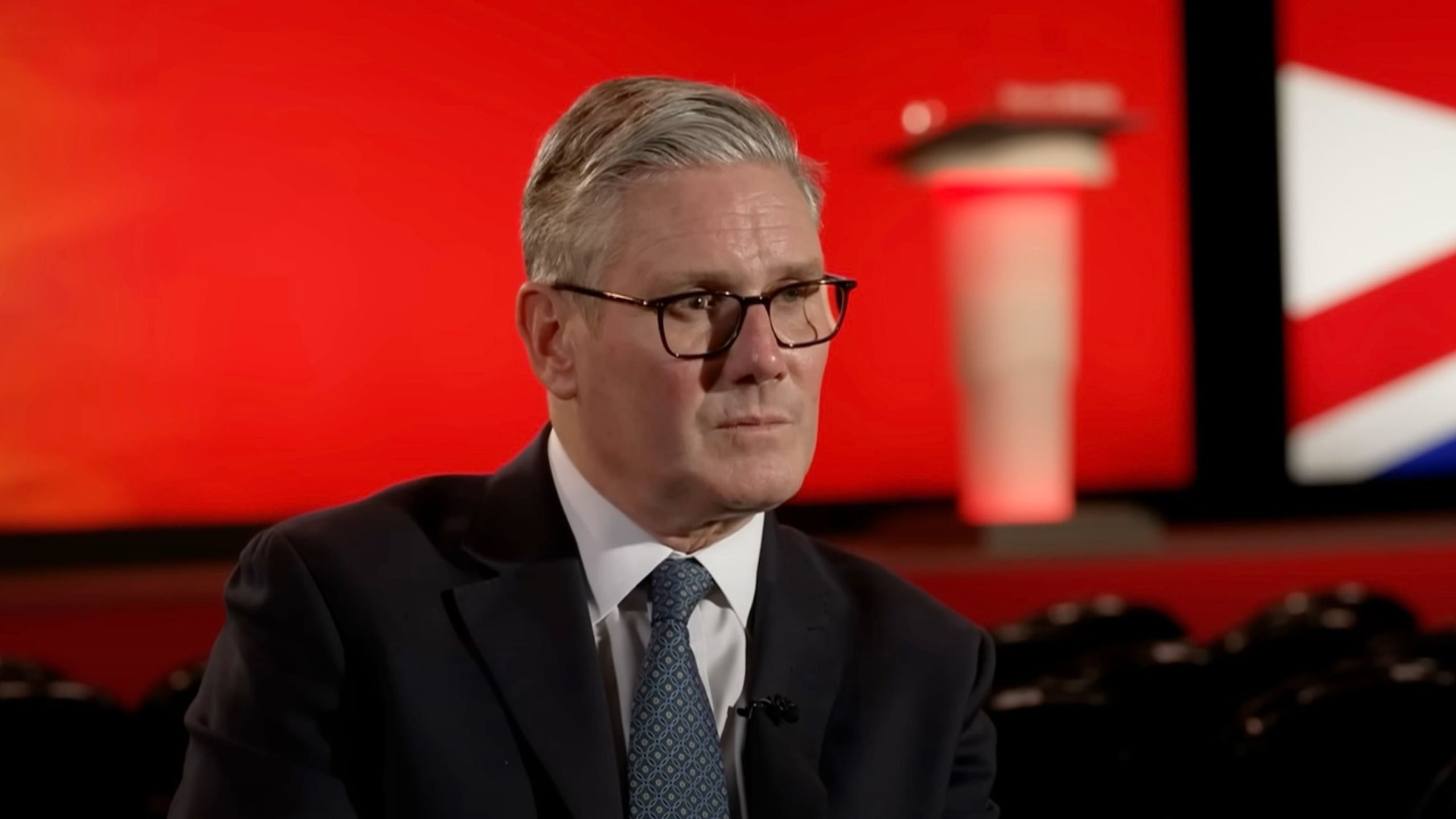The British government has renewed its efforts to gain access to encrypted iCloud data.
Not globally this time, but with a narrowed focus on UK users.
In early September, the Home Office issued a new order to Apple, requesting the company build a mechanism that would allow authorities to access encrypted cloud backups belonging to British citizens.
The order, though smaller in scope than its predecessor from earlier this year, carries similarly sweeping implications for privacy.
Reclaim Your Digital Freedom.
Get unfiltered coverage of surveillance, censorship, and the technology threatening your civil liberties.
It’s a familiar script: national security invoked, encryption targeted, and public accountability quietly avoided.
Apple has not commented publicly, constrained by laws that prevent companies from discussing so-called “technical capability notices.”
The Home Office, for its part, also declined to answer questions. That silence is telling and troubling.
Earlier this year, when the UK government demanded backdoor access to all users’ encrypted iCloud data, regardless of nationality, Apple responded by withdrawing its most advanced privacy feature, iCloud Advanced Data Protection, from the UK market altogether.
At the time, the company said:
“As we have said many times before, we have never built a back door or master key to any of our products or services, and we never will.”
That position has not changed.
What has changed is the UK’s strategy. After the original order triggered backlash in Washington, including objections from high-level Trump administration officials and concerns over the impact on a future trade deal, the British government has now reissued the demand with a domestic focus, seemingly to avoid international fallout.
But even a geographically limited demand like this one raises significant concerns.
Prime Minister Keir Starmer’s target is end-to-end encryption, the security architecture that protects sensitive user data such as messages, passwords, and personal health records from unauthorized access.
Undermining it, even partially, risks exposing not only British users’ data, but the broader integrity of the system itself.
Privacy International and Liberty, two UK-based rights groups, have joined Apple in challenging the original notice through the Investigatory Powers Tribunal, the country’s opaque and often unaccountable surveillance court.
A legal hearing was scheduled for early 2026. Now, with a new order in play, that timeline may shift. But the stakes remain unchanged.
The initial demand caused serious diplomatic tension with the United States. Both Vice President JD Vance and Director of National Intelligence Tulsi Gabbard reportedly urged UK officials to back down.
President Donald Trump described the move as reminiscent of authoritarian surveillance practices.
And in August, Gabbard claimed that the UK had “agreed to drop” its demand for access to encrypted data belonging to Americans.
Now, with the same core demand reshaped and reissued, the risk of renewed political friction is back on the table.
More importantly, this is not an isolated issue.
Under Prime Minister Keir Starmer, civil liberties in Britain have been quietly but steadily eroded.
Arrests over social media posts, including those deemed politically sensitive or offensive, have become more common.
Police forces across the country have expanded their use of facial recognition technology, often with minimal public oversight.
At the same time, the government is reviving plans for a centralized digital identity system, one that critics say would consolidate surveillance powers under the guise of administrative convenience.
Each of these developments is concerning on its own. Taken together, they suggest a broader downward spiral: a growing tolerance for state surveillance and a declining commitment to individual privacy.
When encryption is weakened, even for supposedly limited purposes, the consequences ripple outward. A hole in iCloud security for British users is still a hole. And once that door exists, legally, technically, or even conceptually, it rarely stays shut.
What once felt exceptional is now becoming a dangerous standard: biometric scans on city streets, arrests over internet posts, and government efforts to break privacy protections that were once considered non-negotiable.
The latest order to Apple may not make headlines outside tech circles, but it represents another step toward a surveillance culture that is no longer hypothetical but increasingly real and increasingly difficult to reverse.




